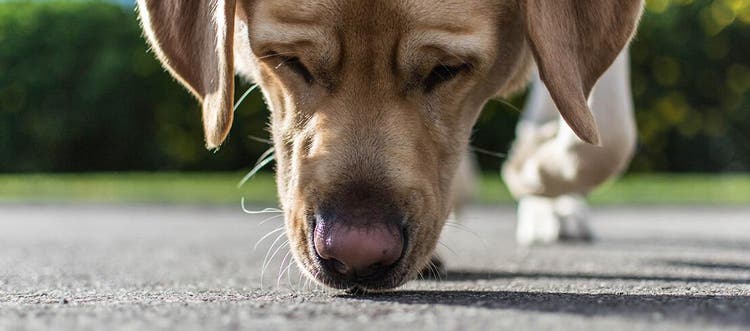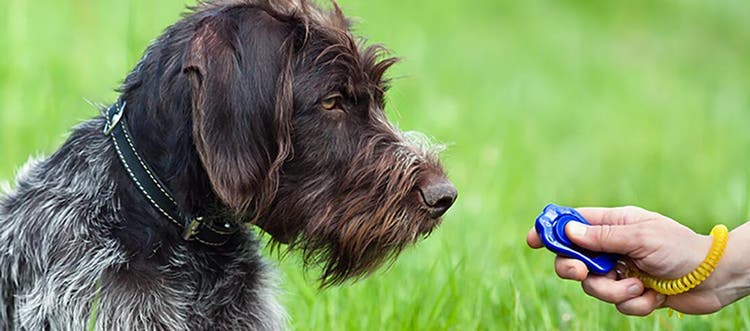Learn how some of the foods we eat every day can potentially harm your dog.
Although we may think of our dogs as members of the family, some of the food we eat can cause them serious health complications. Dogs’ stomachs and digestive systems are very different to our own, and there are plenty of common ‘human’ foods they should not eat, no matter how much they beg.
1. Chocolate
Chocolate made for humans contains a substance called theobromine, which is extremely toxic to dogs. Even small amounts of this stimulant can cause vomiting, diarrhoea and dehydration. In larger doses it can lead to agitation, muscle tremors and death.
Dark chocolate contains more theobromine than milk chocolate, so as a rule, the darker the chocolate, the higher the risk to your dog’s health. Chocolate can pose an even greater risk if it also contains caffeine.
2. Caffeine
Caffeine – another stimulant – can have similar effects to the theobromine found in chocolate, and may lead to heart palpitations or death. Never let your dog drink caffeinated beverages like carbonated colas, coffee or tea. Many chocolate products contain caffeine as well, which is another reason to keep this treat out of your dog’s reach.
3. Avocado
The delicious and seemingly benign avocado also contains a toxin – the natural fungicide persin – that can upset your dog’s stomach, causing vomiting and diarrhoea.
The avocado pit can cause even more problems for your dog. Not only does it also contain persin, if swallowed it can cause a blockage in your dog’s gastrointestinal tract that could require surgery to remove.
4. Macadamia nuts
All nuts are high in fat – a good enough reason to keep them away from your dog –but macadamia nuts are especially harmful as they contain a toxin that can affect your dog’s nervous system, causing weakness and difficulty walking, particularly in the hind legs.
Other effects include panting, vomiting and tremors – all of which are dangerous and unpleasant for your dog.
5. Grapes, raisins and sultanas
Many dogs enjoy the smell and taste of grapes, raisins and sultanas, which is unfortunate as they are potentially very toxic, even when cooked or baked.
Although these fruits can affect some dogs more than others, they can cause vomiting, diarrhoea and, in extreme cases, renal (kidney) failure. Take precautionary measures to ensure your dog never gets hold of one of these fruity snacks.
6. Onions
Onions and similar vegetables such as garlic, leeks, chives and shallots, belong to the Allium group of vegetables and are particularly toxic for dogs. These vegetables contain organosulphides, a group of substances that can damage red blood cells, causing your dog to become sleepy, lethargic and weak.
In severe cases, exposure to organosulphides may lead to anaemia, which could lead to your dog requiring a blood transfusion. The risk is the same for dried and cooked onions, so don’t let your dog eat leftovers that contain members of the Allium family.
7. Xylitol
Xylitol is a sugar substitute used in chewing gum, mints, baked goods and some spreads such as peanut and other nut butters. The main two manifestations of xylitol ingestion are hypoglycaemia (low blood sugar) and hepatic necrosis (liver damage) - which of these the pet develops depends on the amount ingested. Clinical signs of hypoglycaemia (vomiting, weakness and neurological signs) can occur within minutes, whereas impacts on the liver may show signs such as depression, vomiting, jaundice, diarrhoea, coagulopathy (bleeding disorders) and neurological signs up to 72 hours post ingestion.
Early treatment and supportive care from a veterinarian for a low dose carries a good prognosis. If large amounts are ingested, even with prompt treatment, the prognosis is fair to guarded, so best to keep foods that contain xylitol out of your pet’s reach.






